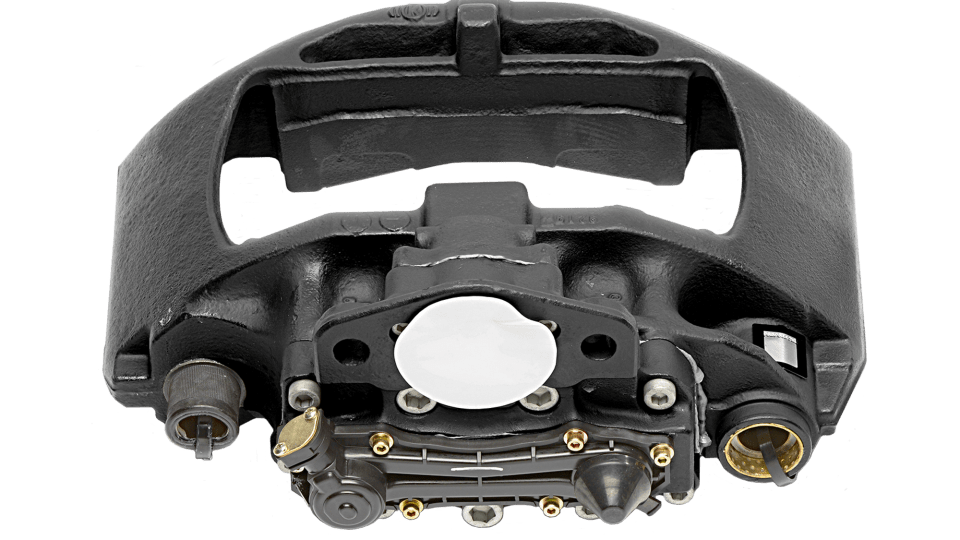Motor oil without oil? The opinion of Liqui Moly
Why motor oils are becoming thinner and thinner and why motor oil may no longer contain any oil at some point: we talk about it with Oliver Kuhn, deputy director of the Liqui Moly oil laboratory

The trend is towards ever thinner motor oils in order to reduce fuel consumption and emissions. But the engine must also be designed for such an oil, otherwise there is a risk of expensive damage. However, motor oil cannot become cannot become arbitrarily thin – at least not if it is based on oil. Oliver Kuhn, Deputy Head of the Oil Laboratory at Liqui Moly, explains the background.
What’s the deal with thick or thin motor oil?
The viscosity of motor oil is indicated by two numbers, for example 5W-30. The first number with the “W” stands for the low-temperature viscosity, i.e. how fluid the oil is at low temperatures. The second number represents the high-temperature viscosity, i.e. how fluid the oil is at high temperatures. The following applies to both numbers: The higher it is, the more viscous, i.e. thicker the oil. And vice versa: The lower the number is, the thinner the oil.
Why is motor oil becoming thinner and thinner?
This is due to car manufacturers and their efforts to further reduce vehicle emissions. The thinner a motor oil is, the less force the engine needs to apply to pump it. This reduces fuel consumption. The effect isn’t huge, but thin oil is one of many adjustments the auto makers make to increase the efficiency of their vehicles. Our task as an oil manufacturer is then to develop motor oils that are thin and still offer the required performance.
But how can such thin oil still lubricate properly?
This can only be achieved with state-of-the-art lubricant technology. Motor oils consist of two main components: the base oil and the additive packages. In the past, the base oil was the most important performer in motor oil, but today it is the additive packages. They are not only responsible for the cleaning and corrosion protection with thin-bodied oils, but also for cooling and lubrication. The base oil, i.e. the actual oil, is then hardly more than just a carrier fluid for the additive packages. Almost a third of modern oils consists of additive packages.
What happens if I add such a thin oil to an engine that is not designed for it?
If an engine is not designed for this purpose, you should definitely not do so. This is because the oil film is simply too thin for the engine. It is not capable of bearing the load and then breaks down. A cracked oil film means significantly increased wear, which can extend to seized bearings. This, in turn, can lead to consequential damage up to major engine failure.
What happens if I add too thick oil to the engine?
The actual lubrication is less of a problem here, apart from the fact that fuel consumption increases. But to force the thick oil through the small oil passages designed for thin oil, the oil pump has to work more. As a result, it can become overloaded and fail. And then the engine is completely without lubrication.
How do I know which oil is the right one for a vehicle?
By looking in the manual, you can see which oil specification is required. Or simply use the free oil guide at www.liqui-moly.com. Just a few clicks are all you need to get an overview of the right oils.
How thin can motor oil get anyway?
That’s an exciting question. The lowest viscosity currently specified for motor oil is 0W-8. This is almost a single-grade oil. In addition to lubrication, the difficulty here is above all evaporation, because the thinner an oil is, the easier it evaporates. With the 0W-8, this balance can just about be maintained. For even lower viscosities, it would probably require a completely different chemistry, which would then no longer be based on oil. In any case, 0W-8 is limited to the Japanese market. Only the Japanese automotive standards organization JASO has published specifications for 0W-8 to date, but so far neither the European car manufacturer association ACEA nor the American API have done so. In addition, 0W-8 is only intended for gasoline engines. For diesel engines, 0W-20 is currently the lowest viscosity. This is due to the higher pressure load there.
Cars in particular have such thin motor oils. What about motorcycles, commercial vehicles and boats?
By far the most development work for thin-bodied motor oils takes place in the passenger car sector. Although there is also a trend towards thinner oils in commercial vehicles, it is much slower. There is a great deal of concern here about trading off fuel savings with increased wear. There is also a trend towards thinner oils for motorcycles, but only up to xW-30. This is also due to the fact that on many models the motor oil also lubricates the transmission and must therefore have special properties. And boats generally lack the need for low low-temperature viscosity – very few people venture out on the water at minus 20 °C. What’s more, the engine technology there doesn’t change as quickly as with cars.









